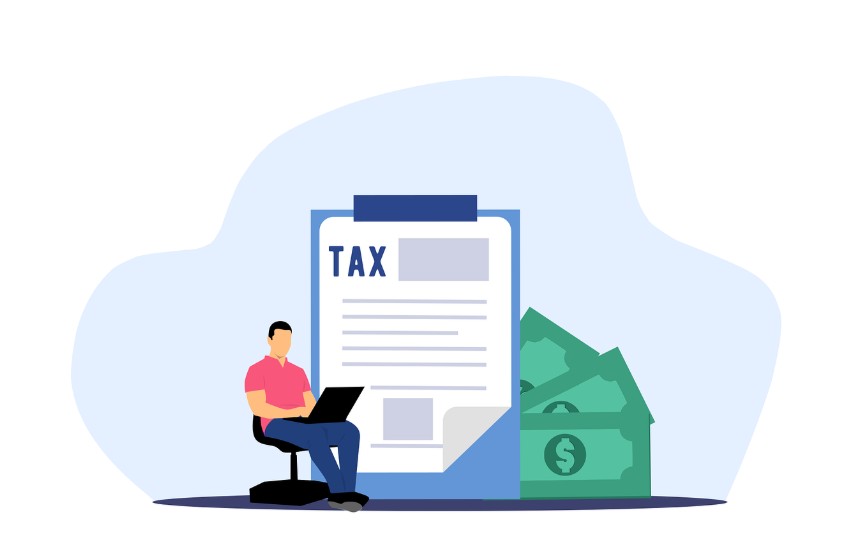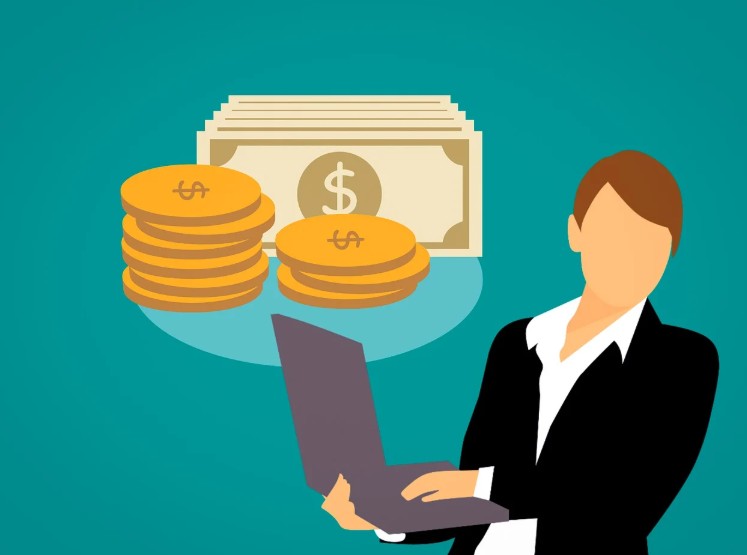As the UK edges closer to a general election, a growing number of voters are questioning how a potential change in government could affect their finances. One of the most frequently asked questions, particularly among middle-income earners, small business owners, and self-employed professionals, is: Will Labour increase personal tax allowance?
While this may sound like a technical issue, it has very real consequences. With inflation squeezing household budgets and the cost of living remaining stubbornly high, whether or not the next government chooses to adjust the personal allowance could have a major impact on your take-home pay.
In this article, we explore the personal tax allowance in depth, break down Labour’s current stance, assess political and economic factors that could shape their decision, and consider what taxpayers should prepare for in the months ahead.
What Is the Personal Tax Allowance?

The personal tax allowance is the amount of income you can earn in a tax year before you start paying income tax. For the 2024/25 financial year, this allowance is set at:
£12,570
This threshold applies to most taxpayers in the UK and is one of the most widely understood elements of the country’s tax system. But while the figure has remained unchanged since April 2021, its real-world effect has shifted dramatically.
Under the current Conservative government’s plans, this freeze will continue until at least 2028, which means, in practical terms, that more people will be pulled into paying income tax, and many will end up paying more, even if their wages only rise with inflation.
This is known as “fiscal drag” — a silent, stealthy increase in tax revenue that doesn’t require increasing tax rates. Instead, it relies on not adjusting thresholds in line with rising earnings and inflation, gradually eroding real income over time.
Will Labour Increase Personal Tax Allowance?
The burning question for many is whether a Labour government would end the freeze — and possibly even increase the personal tax allowance to help ease the burden on ordinary earners.
Here’s what we know so far:
- Labour has not officially committed to raising the personal allowance.
- Nor have they stated they will continue the freeze to 2028.
- The party is emphasising fiscal credibility, but also social justice — two competing priorities that will shape their tax approach.
The current leadership, particularly Shadow Chancellor Rachel Reeves, has made it clear that a Labour government would not pursue unfunded tax giveaways. The message is one of economic stability and responsibility, aimed at rebuilding trust with markets and businesses.
That said, Labour has also voiced concerns over rising living costs, the tax burden on working families, and the increasing inequality in the tax system. All of this suggests that, while a sweeping tax cut is unlikely in the short term, a review or partial adjustment of the personal allowance could be on the cards once Labour is in office and has fully assessed the state of the economy.
Why Is the Personal Allowance Freeze So Problematic?

Freezing the personal tax allowance in a time of high inflation effectively increases the tax burden on millions of people. Here’s how:
- Inflation pushes wages up, often through modest pay rises.
- Tax thresholds don’t move, so more of your income becomes taxable.
- You pay more tax, even though your buying power may not have increased.
This means that people who previously paid no tax, or only a small amount, may now find themselves in higher tax brackets, without feeling any richer. For low- and middle-income earners, this has a disproportionately negative effect.
Who is affected?
- Full-time employees with annual salary increases
- Part-time workers or second earners in a household
- Self-employed individuals with variable income
- Pensioners with private pensions and part-time work
A worker earning around £28,000 a year, for instance, could end up paying hundreds of pounds more in tax annually simply due to the freeze, despite no actual rise in real income.
Could Labour Reverse or Adjust the Freeze?
There are several paths Labour could take, depending on the fiscal landscape after the election. These include:
1. Fully Raising the Personal Allowance
This would be the most direct and politically popular move, particularly among swing voters and younger professionals. Raising the allowance by even £1,000 could significantly reduce tax bills for millions.
However, such a move comes with a substantial cost to the Treasury — tens of billions of pounds — and may clash with Labour’s stated goals of fiscal discipline and debt reduction.
2. Partial Increases or Targeted Relief
Labour may instead choose to partially raise the allowance, or target relief measures at specific groups — such as:
- Households with dependents
- Low-income workers
- The self-employed
- Public sector workers
This could be delivered through tax credits, rebates, or adjustments to National Insurance contributions, which may be politically easier and fiscally more manageable.
3. Maintain the Freeze but Offset the Impact
Another possibility is that Labour maintains the current thresholds for a short period but offsets the tax burden in other ways, such as:
- Expanded childcare subsidies
- Increased Universal Credit taper rates
- Tax breaks for renters or first-time home buyers
This would allow the party to remain cautious on tax changes while still addressing the pressure on living costs.
What Tax Experts and Economists Say

Most economists agree that the current freeze on personal allowance has become a quiet but significant tax rise on the population. The Institute for Fiscal Studies (IFS) estimates that by 2028, 3.2 million more people will be paying income tax than in 2021.
Tax policy think tanks have argued that reforming thresholds is one of the most effective ways to restore fairness to the tax system, especially during a time of wage stagnation and high living costs.
That said, experts also caution against any dramatic tax changes until the government has stabilised debt levels and ensured consistent economic growth.
How Should You Prepare?
While we can’t yet say for certain whether Labour will increase the personal tax allowance, it’s important to prepare for all scenarios. Here’s what you can do:
- Track your income to monitor if you’re approaching a new tax band
- Make pension contributions to reduce your taxable income
- Consider salary sacrifice schemes offered by employers
- Stay informed through reliable sources like LocalBusinessNews.co.uk
For small businesses and self-employed workers, tax planning becomes even more critical in uncertain times. Consider speaking to a financial advisor to map out the potential impact on your business income.
Final Thoughts: Will Labour Increase Personal Tax Allowance?
At this stage, Labour has not made a firm commitment to increasing the personal tax allowance. However, all signs point to a serious re-evaluation of current tax thresholds and structures if they win the next general election.
Whether they choose to lift the allowance, introduce targeted relief, or reform other parts of the tax system, it’s clear that some kind of change is likely — especially as the issue becomes more visible to voters and media alike.
Until then, the best approach is to stay updated, review your financial position, and be ready for possible adjustments in the next government’s first Budget cycle.

Leave a Reply